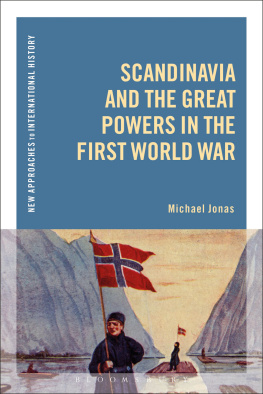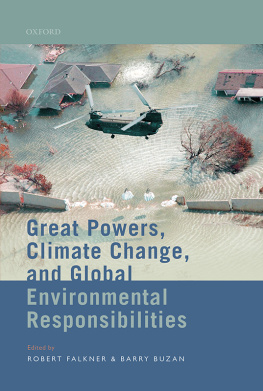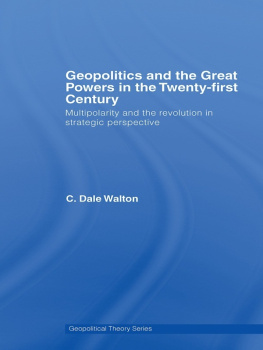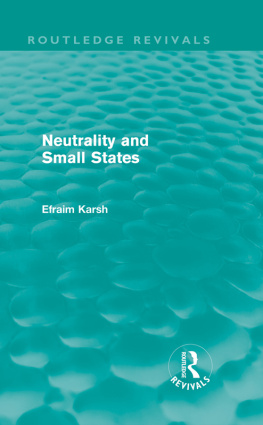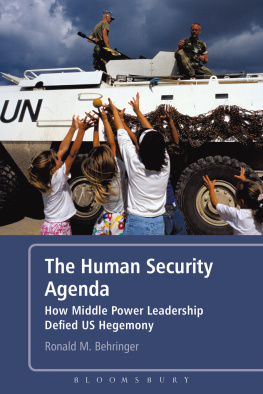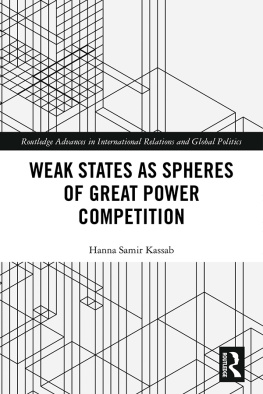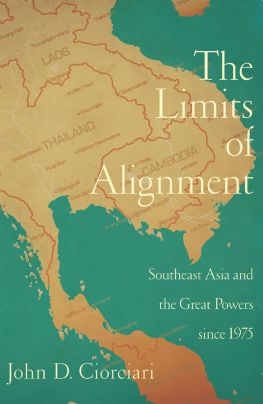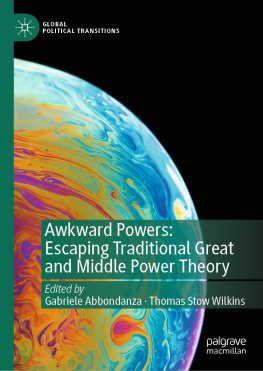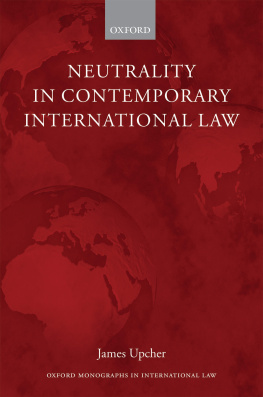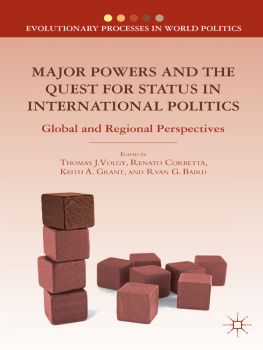Scandinavia and the Great Powers in the First World War
New Approaches to International History
Series Editor:
Thomas Zeiler, Professor of American Diplomatic History, University of Colorado Boulder, USA
Series Editorial Board:
Anthony Adamthwaite, University of California at Berkeley (USA)
Kathleen Burk, University College London (UK)
Louis Clerc, University of Turku (Finland)
Petra Goedde, Temple University (USA)
Francine McKenzie, University of Western Ontario (Canada)
Lien-Hang Nguyen, University of Kentucky (USA)
Jason Parker, Texas A&M University (USA)
Glenda Sluga, University of Sydney (Australia)
New Approaches to International History covers international history during the modern period and across the globe. The series incorporates new developments in the field, such as the cultural turn and transnationalism, as well as the classical high politics of state-centric policy making and diplomatic relations. Written with upper-level undergraduate and postgraduate students in mind, texts in the series provide an accessible overview of international diplomatic and transnational issues, events and actors.
Published:
Decolonization and the Cold War, edited by Leslie James and Elisabeth Leake (2015)
Cold War Summits, Chris Tudda (2015)
The United Nations in International History, Amy Sayward (2017)
Latin American Nationalism, James F. Siekmeier (2017)
The History of United States Cultural Diplomacy, Michael L. Krenn (2017)
International Cooperation in the Early Twentieth Century, Daniel Gorman (2017)
Women and Gender in International History, Karen Garner (2018)
International Development, Corinna Unger (2018)
The Environment and International History, Scott Kaufman (2018)
Forthcoming:
The International LGBT Rights Movement, Laura Belmonte
Canada and the World since 1867, Asa McKercher
Reconstructing the Postwar World, Francine McKenzie
The History of Oil Diplomacy, Christopher R. W. Dietrich
The Nineteenth Century World, Maartje Abbenhuis and Gordon Morrell
Global War, Global Catastrophe, Maartje Abbenhuis and Ismee Tames
Saara Tuomaalan muistoksi
In bleibender Erinnerung an Frdric du Roi
Scandinavia and the Great Powers in the First World War
Michael Jonas

Contents
This book is to a large extent based on my habilitation thesis Groe Politik, kleine Staaten: Studien zu den internationalen Beziehungen im Zeitalter der Weltkriege, submitted to the Faculty of Humanities and Social Sciences of Helmut-Schmidt-University, the University of the Federal Armed Forces, Hamburg, in the spring of 2016. The first research feelers and tentative project drafts, however, date back to my time at the University of Helsinki almost a decade ago. In between, I have incurred a colossal debt of gratitude to many people and institutions.
The first among them would naturally have to be Bernd Wegner, who brought me to Hamburg to the Chair of Modern History at Helmut-Schmidt-University in 2009 and has unfailingly encouraged and supported me throughout. He is solely responsible (or to be blamed) for my rather successful reintegration, it is being hoped, into the German academic environment, which I had left sometime in the late 1990s. Without Bernd as an intellectual orientation, as an enormously generous and charming colleague, as an infamous wit and most of all as a good friend, neither this book nor my remaining in the academia would have been imaginable. The void he has left on departing from the chair almost two years ago is still keenly felt.
That my life has nonetheless gone on is due to a number of colleagues and friends at Helmut-Schmidt-University. As I am unable to mention all of them, I would simply like to wholeheartedly thank the Kommunikationsverein Jenfelder Historiker n. e. V., represented by the associations splendid board, Sabine Todt (now, sadly, Osnabrck), Gerrit Deutschlnder, Sebastian Pranghofer, Christine Eckel, and Sven Fritz, for all the other colleagues that have made this extraordinary small state of a university at the margins of Hamburg my intellectual sanctuary. A special thanks would have to go to Kirsten Neumann, the good soul of the Chair of Modern History, and Natalia Rajtikova for their work with the books bibliography and the sources. I owe quite a lot of gratitude as well to my impeccable student assistants over the years.
In Helsinki, where the idea for this book originated, I would like to wholeheartedly thank my professors, Henrik Meinander and Matti Klinge, who have generously put up with my incessant interest in diplomats and the history of international politics and supported me whenever needed. I would also like to thank the examiners of my habilitation thesis for their generous assessments of the merits and deficiencies of the manuscript at hand: Eckart Conze (Marburg), Patrick Salmon (London), Bernd Wegner and Ulrich Lappenkper (both Hamburg), and for the docentship at the University of Helsinki Klas mark (Stockholm) and Seppo Hentil (Helsinki). Among the many other colleagues from whose comments, criticism, or intellectual presence in my life I have benefitted are Louis Clerc, Karen Gram-Skjoldager, Paddy Cohrs, Peter Stadius, Henrika Tandefelt, Bjrn Forsn, Oula Silvennoinen, Antti Ruotsala, Gunnar selius, Tom Kristiansen, Bjarne Sndergaard Bendtsen, Jun Nakata, Claudiu-Lucian Topor, Florian Khn, Hans-Jrgen Dscher, and Hew Strachan. It is as well thanks to Hew that I was able to spend an extremely rewarding Michaelmas term in 2010 at the Changing Character of War Programme of the University of Oxford. I have equally profited from having been a member of the Scandinavian research network for the History of the First World War in Northern Europe, put together by Claes Ahlund, whose main fruit is the fine collection of essays published in 2012 under the header Scandinavia in the First World War: Studies in the War Experience of the Northern Neutrals. The same can be said for the numerous occasions that I have had the privilege to participate in the neutrality conferences and workshops of the last decade, often brought together by Samul Kruizinga and his colleagues in Amsterdam. In the last two years, participating in the DFG-research network Juristen in der internationalen Politik, superbly arranged for by Marcus Payk, keeps introducing me to many fascinating facets of the history of international law. It has furthermore conveniently connected my interest in the politics of neutrality during the First World War with broader questions about the evolution of modern international law.
I am also profoundly grateful to the many institutions that have enabled my research over the previous years, first among them our splendid university library at Helmut-Schmidt-University. The Ostfriesische Landschaftsbibliothek in Aurich, East Frisia, and Helsinki University Library provided me with access to books, historical newspaper collections, and other material during several prolonged stays outside Hamburg. I undertook most of the archival research relatively early on, adding here and there along the way, mostly in the Politisches Archiv of the Auswrtiges Amt in Berlin, the National Archives in Kew, London, and the Finnish National Archives in Helsinki. Conducting my research, indeed writing this book, would have been impossible without the financial (and organizational) support of a number of institutions and foundations: the Freunde und Frderer der Helmut-Schmidt-Universitt/Universitt der Bundeswehr Hamburg e. V., Helmut-Schmidt-Universitys Faculty of Humanities and Social Sciences and the universitys administration, The Ella and Georg Ehrnrooth Foundation, The Society of Swedish Literature in Finland (SLS), and The Kaarlo Koskimies and Irma Koskimies Scholarship Fund of the University of Helsinki. I am deeply grateful to all of them.

